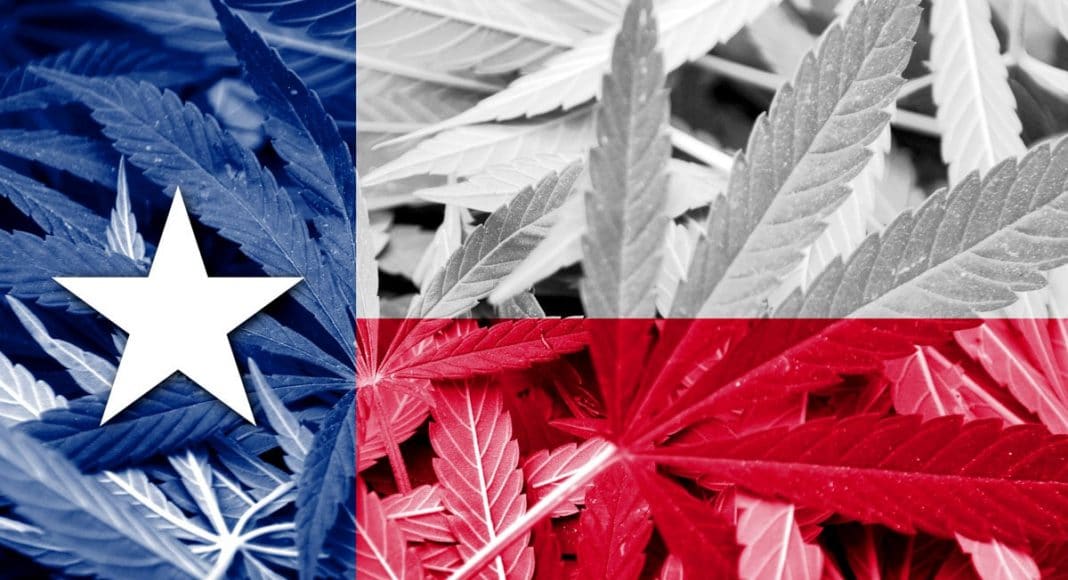Congress has not approved any marijuana-related amendments since 2013, when the medical marijuana protections known as the Rohrabacher-Farr amendment was first pushed through. In fact, federal lawmakers have not given any consideration to additional riders protecting the cannabis industry for the past few years.
Some marijuana reform advocates believe Representative Pete Sessions of Texas, who serves as the chairman of the House Rules Committee, is to blame for this shortcoming. Not only does he decide what pieces of legislation reach the floor of the lower chamber, he also hates marijuana.
Earlier this week, Sessions told those in an attendance at the US Department of Health and Human Services Region VI Opioid Summit that legal marijuana is as much to blame for addiction in America than any other substance. Perhaps even more, since it is legal in many states.
“If addiction is the problem and we have marketers of addiction that include marijuana — because all you have to do is go to any of the stores in Colorado and they can give you high to low to medium to chocolate — we ought to call for it what it is,” he said. “If it were nicotine, it would have been outlawed; well, it would have been handled differently. But this is a political issue.”
Congressman Sessions’ comments are similar to those expressed by Attorney General Jeff Sessions, who said recently that the opioid crisis “Is starting with marijuana and other drugs, too.” It seems the faces of the federal government have forgotten that not even their own health agencies believe marijuana to be a gateway drug. It was the National Institute on Drug Abuse that said, “The majority of people who use marijuana do not go on to use other, ‘harder’ substances.” The agency explained that alcohol and nicotine were more likely to inspire people to use harder substances.
Nevertheless, Sessions suggests there are “better alternatives” to solving the opioid crisis than legalizing marijuana. He believes the leaf is so much stronger now, that it is impossible to escape its grips.
“I referred to marijuana as merchants, this is merchants of addiction, they are making it more powerful and more powerful and more powerful,” Sessions said. “When I went to high school … in 1973, I graduated, marijuana, on average, is 300 times more powerful. That becomes an addictive element for a child to then go to the next thing.”
It is this anti-marijuana outlook that has prevented additional marijuana amendments from getting passed, according to some cannabis advocates. Reports show that Sessions’ Rule Committee has blocked proposals regarding cannabis banking and retail pot sales in the District of Columbia since 2016. Sessions, however, is up for reelection this year.


